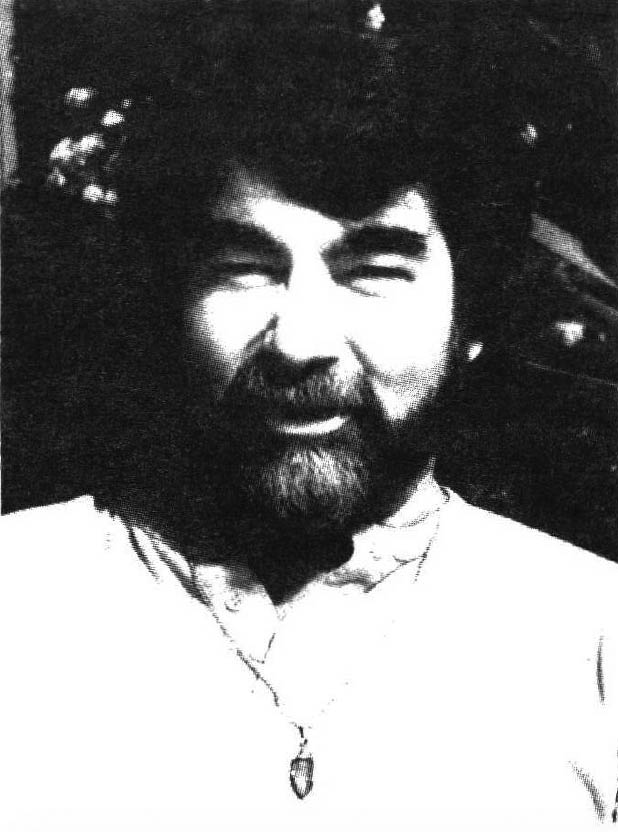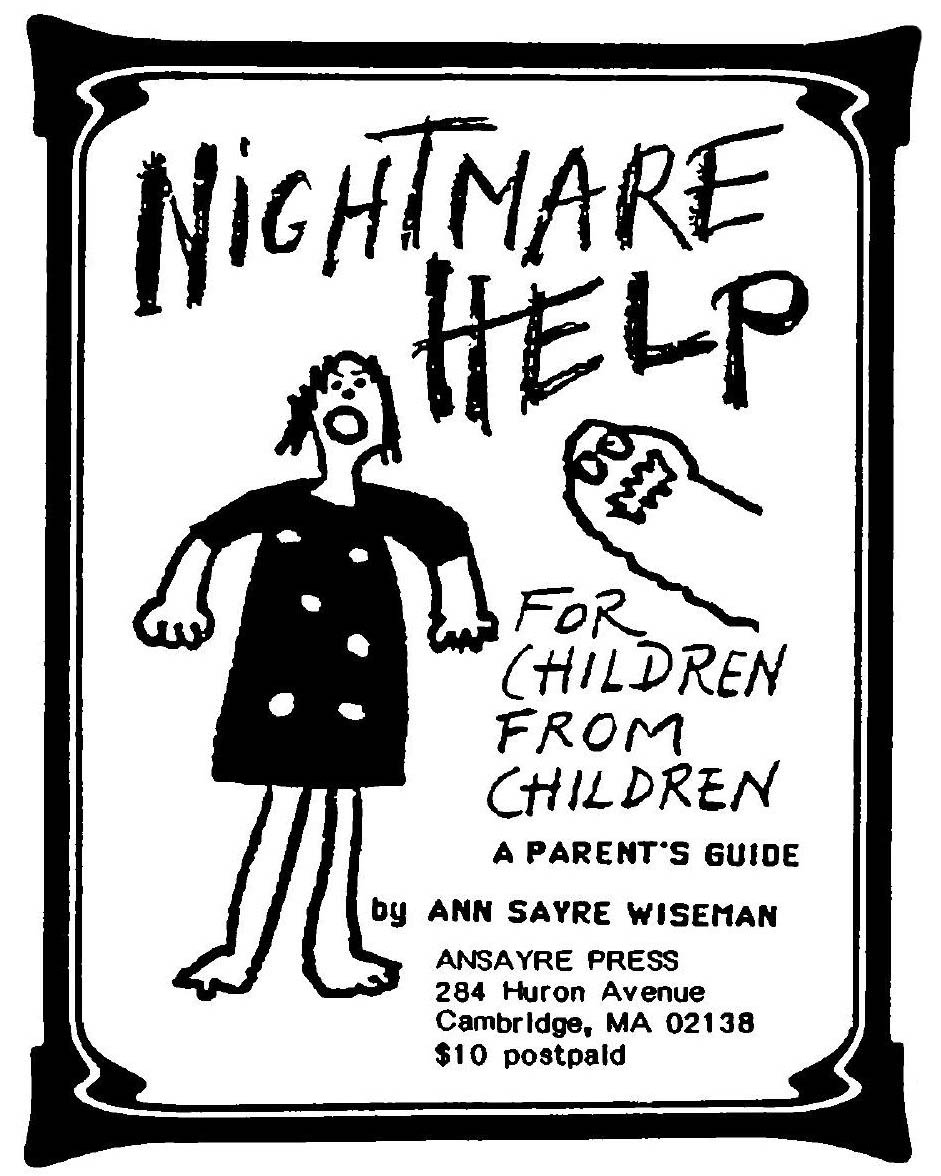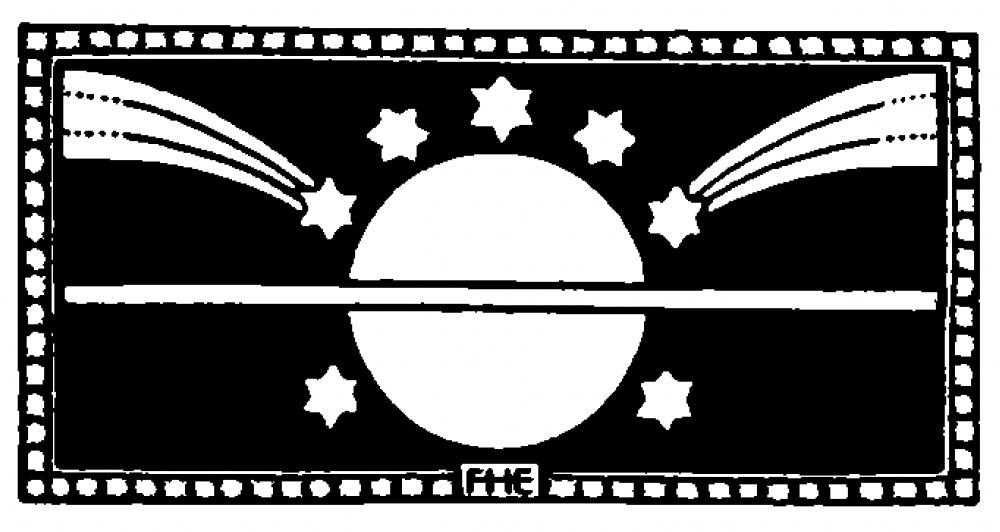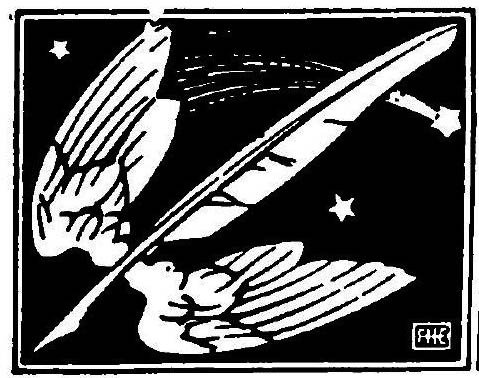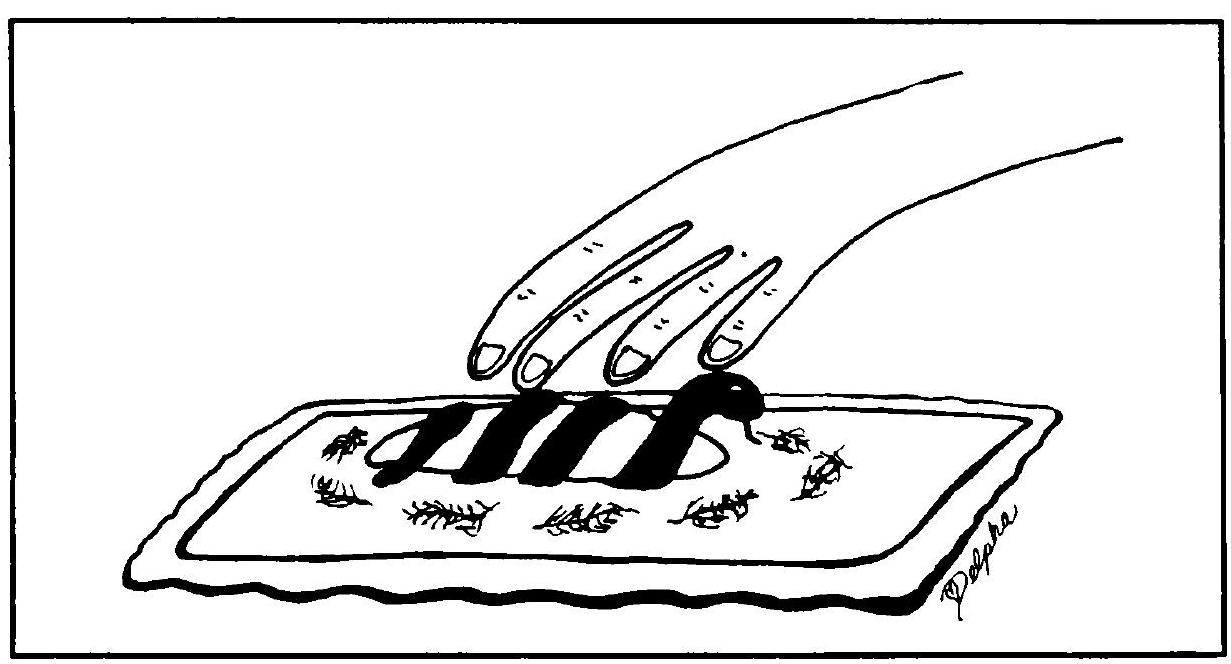
I will call the writer of the following dream essay Marie in order to protect her identity. Marie has a masters degree in Social Work and is a Licensed Clinical Social Worker. Many years ago, Marie had a psychotic break and was diagnosed schizophrenic. Marie was never hospitalized and has held down several jobs since her break. She has been on medication and in therapy most of the time since then.
Marie's symptoms included frightening experiences at night (feelings of being mutilated in her sleep, hearing voices outside her bedroom window, feeling the presence of individuals or beings in her apartment) and daytime paranoia. Marie was not a good dream recaller before her break and, except for the frightening night experiences, did not recall dreams during the year after her break.
About a year after her break, with some encouragement from myself, Marie began to remember her dreams. The dreams were mostly nightmares at first, and sleeping and nighttime in general were a source of much anxiety. I encouraged Marie to stay with her dreams and shared my feeling that there are no "bad" dreams and that nightmares are an opportunity to confront and overcome our fears. Marie did stay with her dreams and became a fairly regular dream recaller. Though she still had nightmares, they did not hold the terror for her that they once did.
In mid-February, 1976, Marie joined a dream class I was teaching. About one week after our first class, I was on a San Francisco radio talk show talking about dreams. Marie listened to the program and then went to bed. She had difficulty going to sleep as she kept thinking about the radio program. She finally slept and had a brief dream:
"I am with my sister and I call my father to come and pick us up."
Marie awoke with the dream at about 2 a.m. and began to have words, phrases and thoughts going through her mind. It frightened her because she associated uncontrolled or "racing" thoughts with her illness. She tried to go back to sleep but the thoughts persisted. She even had a title going through her head.
Though it frightened her to do so, she finally got up and wrote down the essay that follows. I have made one word change and minor punctuation changes. Marie called me the morning of the dream and read the essay to me, asking if it was crazy or if it made sense. I will let you decide that for yourself.
I think the essay is significant because it is an essay on dreams and cultural change that came out of the dream state itself. It is even more significant to me because it came from a woman whose waking life was not working because of her schizophrenia. It conforms and underscores for me the idea that within each of us is an objective, centered, wise self who is not affected by the problems of our daily life and is accessible to us in the dream state.
Let us, together, dream a better future.
AN ESSAY ON CULTURE, CHANGE, EVOLUTION AND THE DREAMING PROCESS
Each culture carries with it a universal set of symbols. Jung talks about archetypes as being inherent in every culture. These archetypes have taken their meaning from the universal interpretation of dreams.
So what would it be to have a culture actually change? Change occurs through each individual's dream process. If a man can relate to his dreams and discover a meaning for his dreams which is counter to cultural norms, cultural change is possible.
Culture changes also from the true psychic liberation of each individual man.
If man can delve into his unconscious, especially through dreaming, and finally liberate himself from unconscious repetitive strivings, change can take place. And what better place for change to take place than in each individual man's interpretation of his dreamlike state?
Thus, if man can become truly conscious, if the lines between unconscious and conscious finally blur and break down, the culture will inevitably change. Man would indeed be healthier as he relates to both unconscious and conscious as if really one and the same. Here lies psychic liberation -- a free and healthy society free of neurosis, fear and dread.
Since evolution is the process or man's becoming and since man is becoming, any attempt to individualize the interpretation of man's dreams speeds up the evolutionary process. Every known symbol possible to man is carried within his dreams. Know the dreams and change is inevitable in each person and thus in the interpretation of the universal symbols. Thus here, too, a culture can change.
Every man carries thus within himself the possibility of changing the entire culture through his dreams. Any attempt by man to delay this process results in stagnation, a dead and non-moving culture. Man carries the responsibility for his culture; for his dreams. Such a heavy burden rests with all of us. Change is possible but each man must make it his own personal course in order for the culture to truly change and develop.
So why not liberate each one of us from his dreamlike state and come forth into the true knowledge of the unconscious and a true change in culture?
("Marie," February 22, 1977 is copyright 1986 by Bob Trowbridge)



